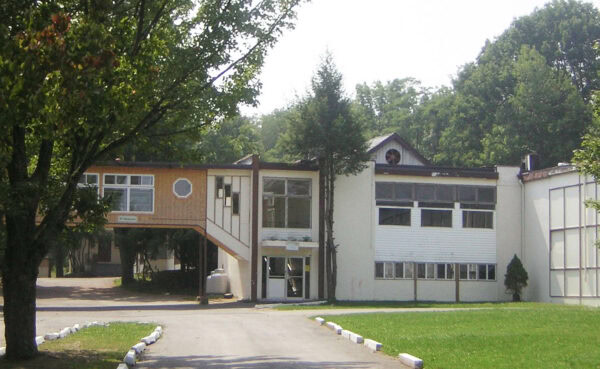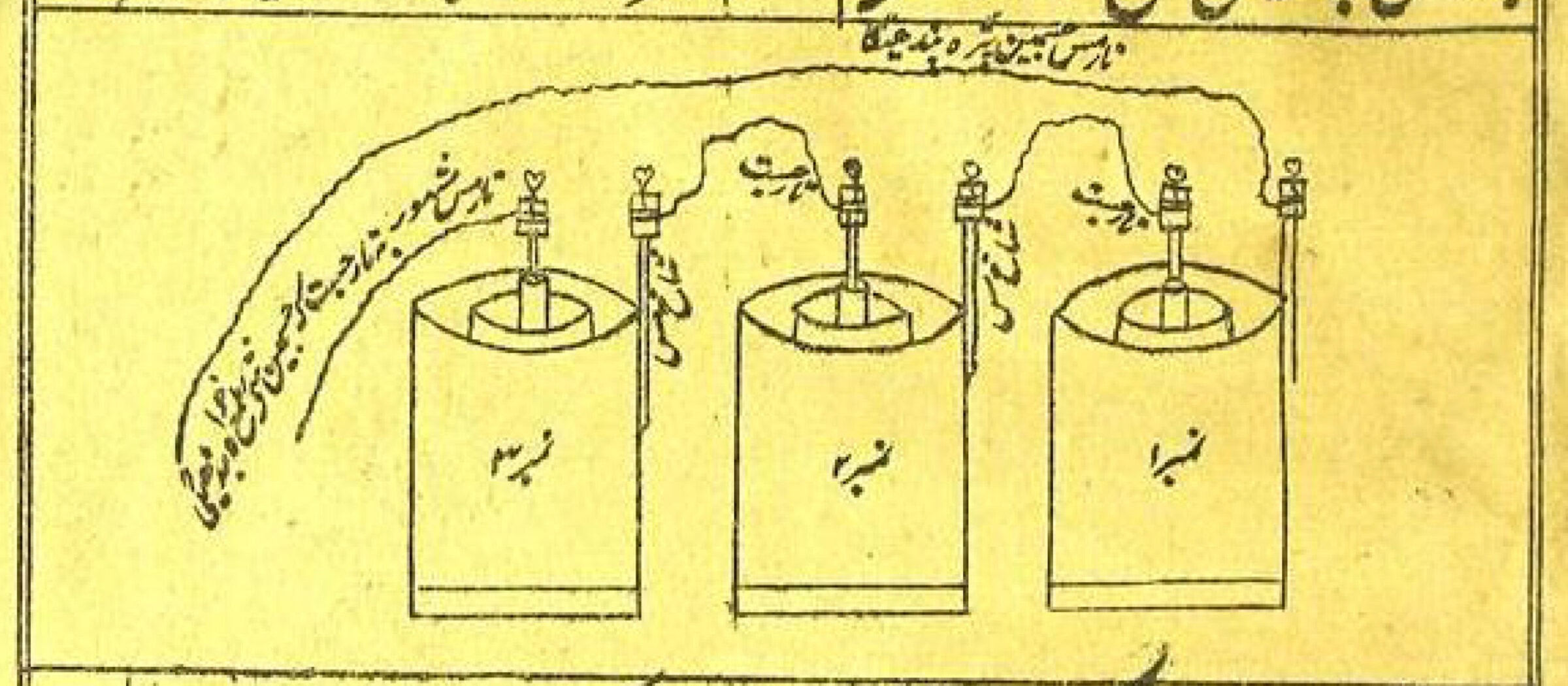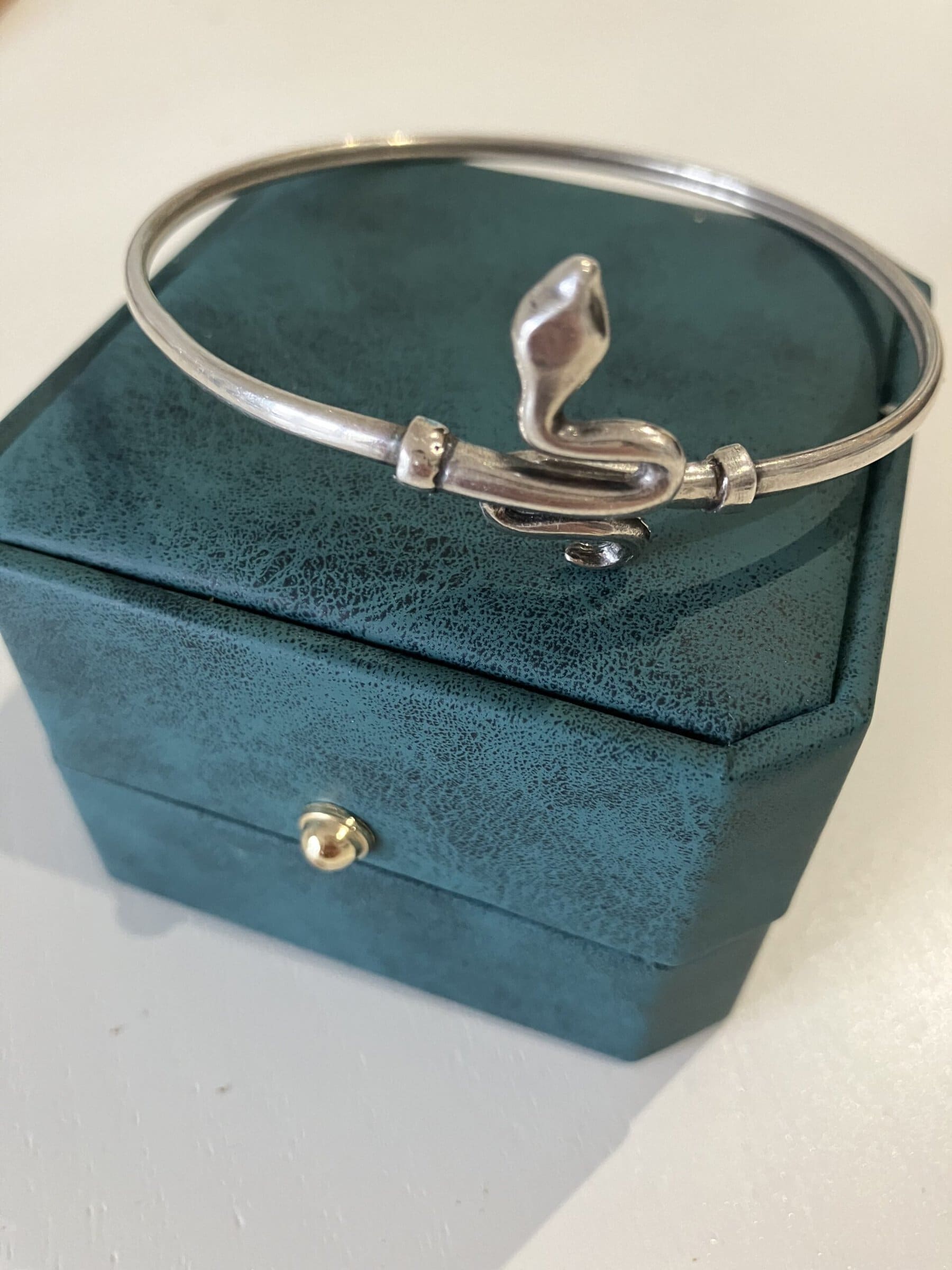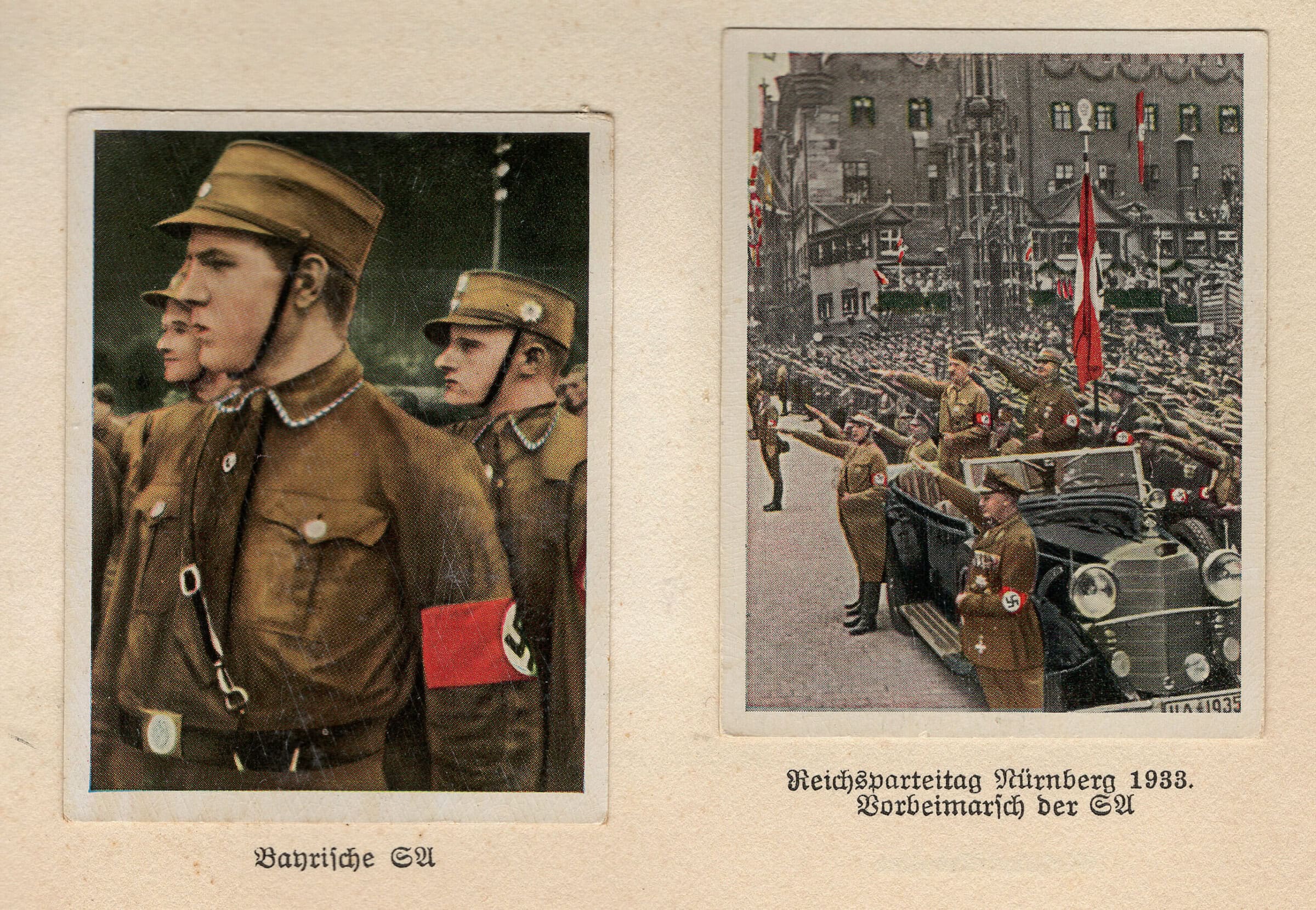The Echo Hotel in Ellenville, New York, was never the fanciest, the most well appointed, or the most anything of its time. It was the sort of unassuming hotel where you went with your extended family to have a fun time without it affecting anyone’s bottom line. In the late 1970s, a family of four could enjoy a weekend stay in a two-bedroom suite, with three meals per day and unlimited activities, for around $150. To be clear, the “suite” consisted of two small hotel rooms that shared one TV that swiveled between the rooms. Each room had a bed, garish drapes, and two small chairs. By the time I started going with my family, the Echo was old and had seen better days. The indoor pool had a black film on the bottom, the uncovered ice rink needed to be shoveled after each snowfall, and many amenities, such as the coffee shop, had been shuttered.

JuneNY / Flickr, used with permission
Each year, the Echo hosted a very small percentage of the 150,000 mostly Jewish guests from the New York metropolitan area who trekked north to the Catskill Mountains from the 1920s to the 1980s to find refuge from the heat of the summer and mundane of the winter. Even in the glory days of the “Borscht Belt”—a reference to the hundreds of hotels that stood proudly in upstate New York and often served the Ukrainian cold beet soup—it was establishments such as the Concord, Grossinger’s, Nevele, and Kutsher’s that most people frequented. When it came to selecting one of these hotels, you got what you paid for, in terms of nearly all aspects of your vacation. But those who experienced the Echo knew that it was a priceless experience.
Spending time up in the Catskills Mountains at places like the Echo still holds indelible memories of family, joy, and community. “The Echo was always—to use a Jewish term—a very haimish place,” said Joe Wagner, who ran the Echo for its final decade for his parents, who purchased the hotel in 1948. “The people that came back year after year were like family.” The Yiddish word haimish is defined as having qualities associated with a homelike atmosphere: simple, warm, relaxed, cozy, unpretentious. No English word could describe the Echo any better. The well-used couches in the lobby, for example, were both inviting and comfortable, like the one in your grandmother’s living room—just without the plastic cover.
For those of us in Generation X, our days in the Catskills were numbered. By the late 1970s, many New York metro families—especially those who were doing better financially than their parents’ generation—found other places to vacation. The hotels hung on as long as they could, but one by one met their demise. Today, most have been razed or stand as rotting corpses of vandalized buildings. Ironically, the Echo building and property itself is still in decent shape and used each summer by a Hasidic Jewish group and camp.
After it closed in the winter of 1979, the Echo now lives on only in the memories of those who visited, as well as the smattering of hotel postcards you can find on eBay. Those postcards cannot truly capture the well-worn mini golf course in the dark basement—which, according to Joe Wagner, was the mini golf course from the 1964 World’s Fair in Queens, somehow procured by his father, Sam. “I was there and helped to load it on the truck.” Or the unsteerable and unstoppable wooden toboggans on the snow hill that stopped only when they wanted to, or the large dogs that roamed the main lobby as “bellhops.”
“Memories are a great thing. They usually are the happiest of times we had,” Wagner’s sister, Laurie, recently wrote to me. “There is a saying—you can never go back—and in this case, it’s true. Keep your memories.”
Brett Topel is the author of six books and the director of communications and marketing at Brooklyn Friends School.
This work is licensed under a Creative Commons Attribution-NonCommercial-NoDerivatives 4.0 International License. Attribution must provide author name, article title, Perspectives on History, date of publication, and a link to this page. This license applies only to the article, not to text or images used here by permission.


